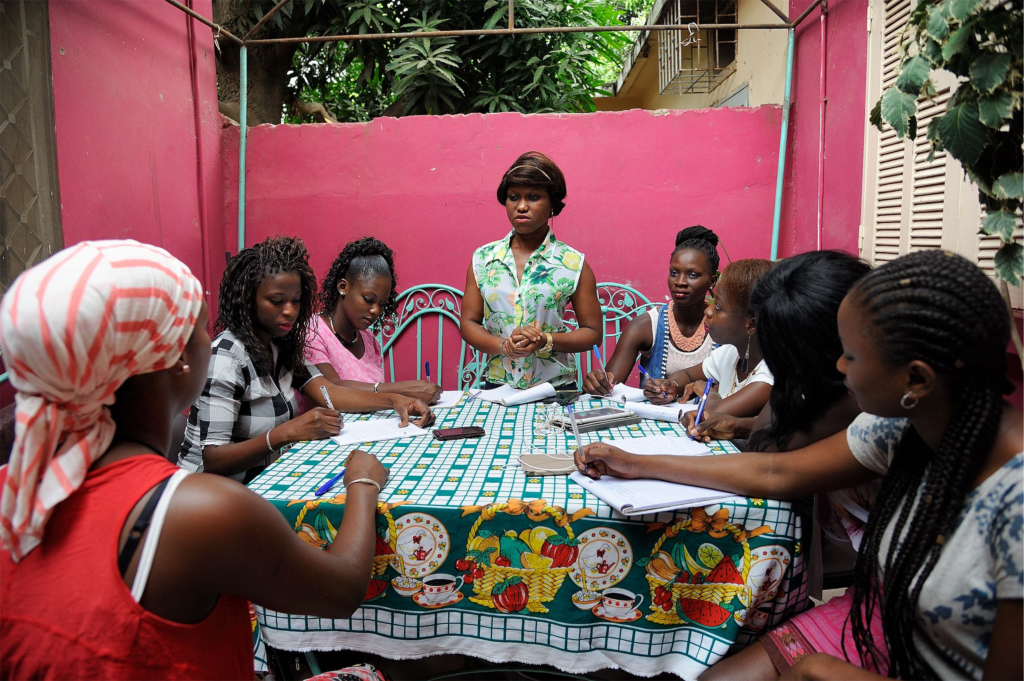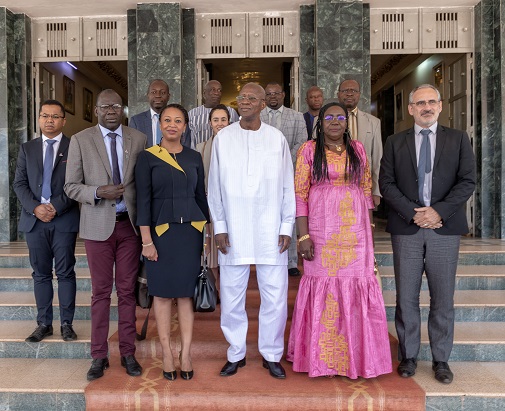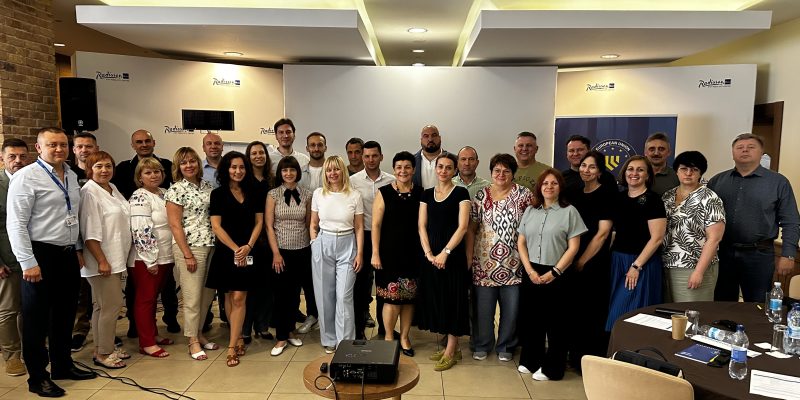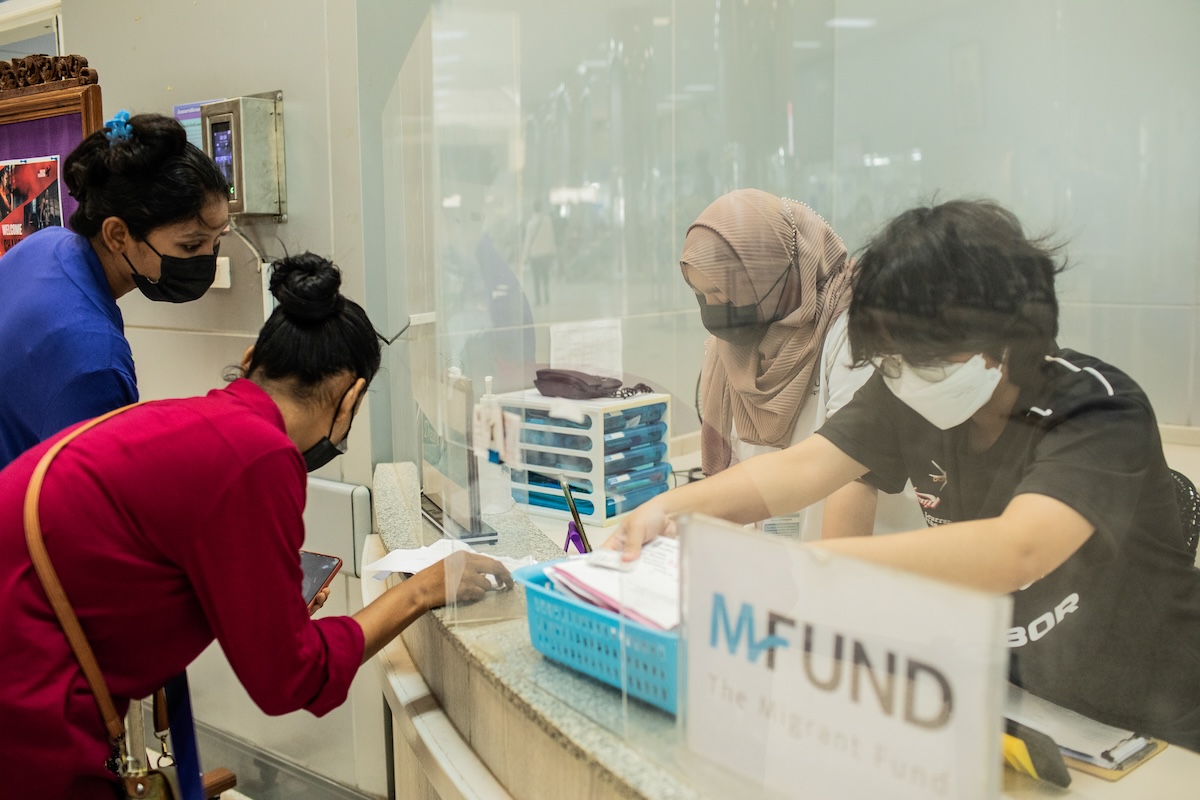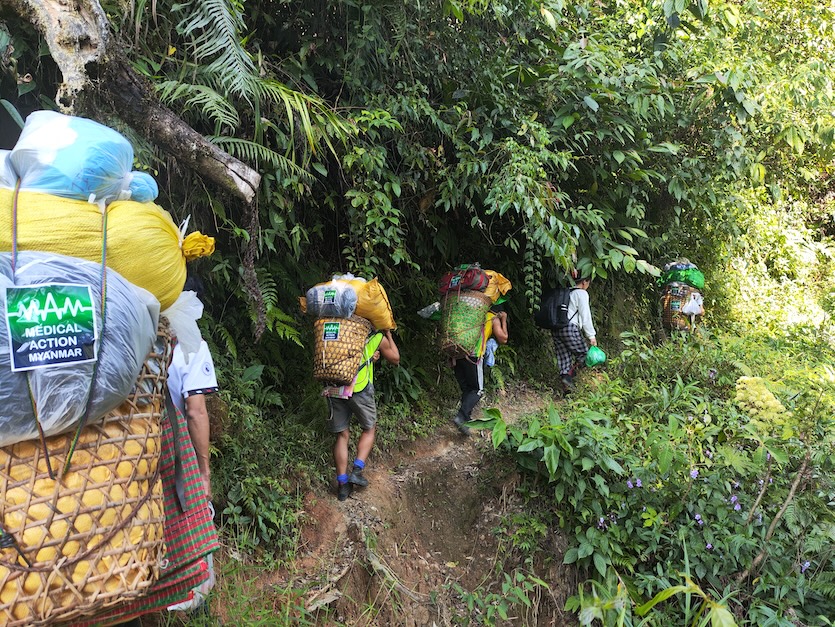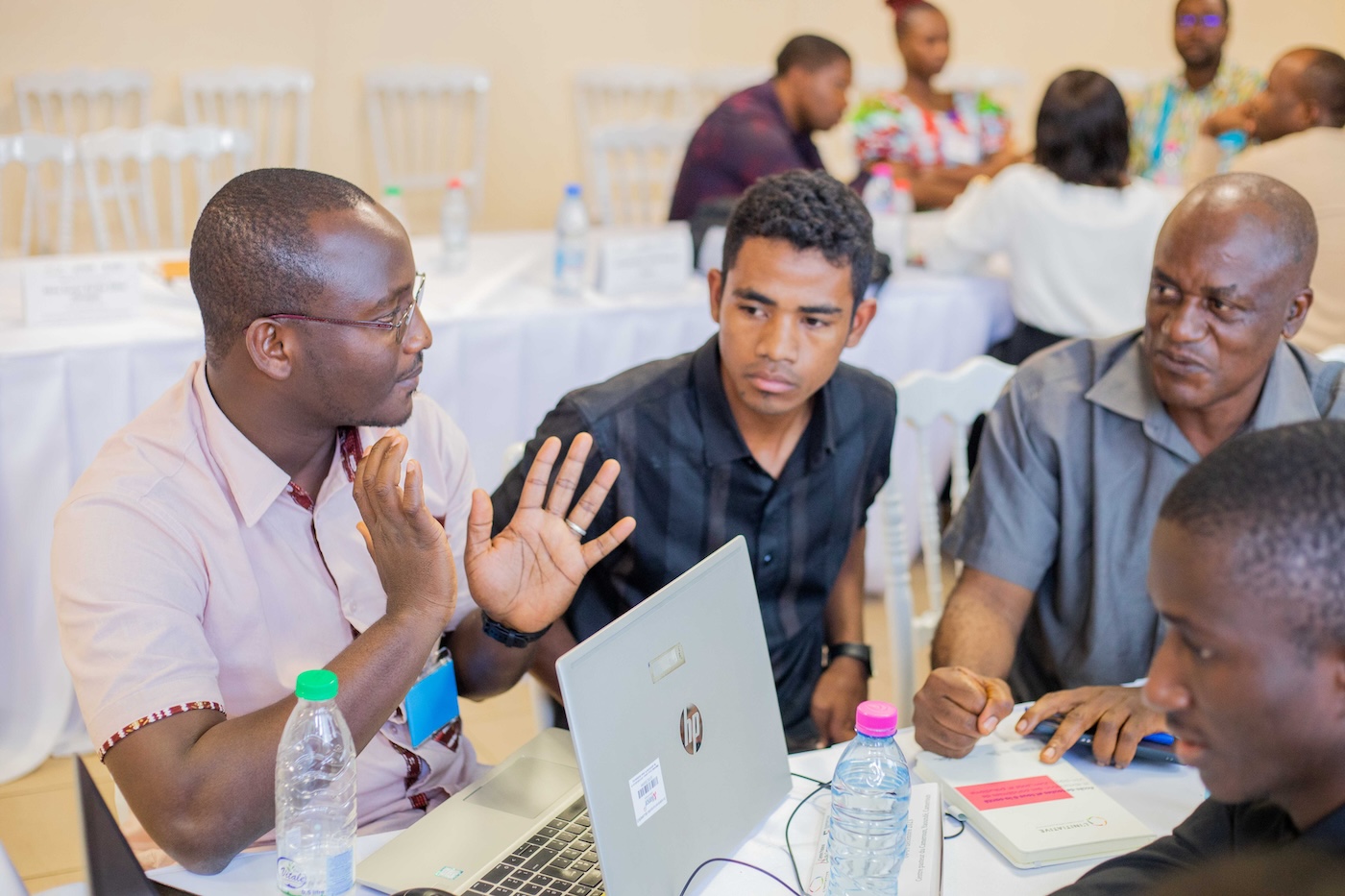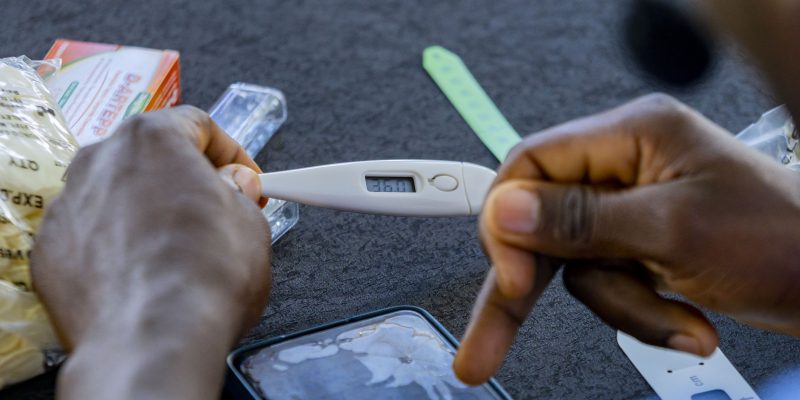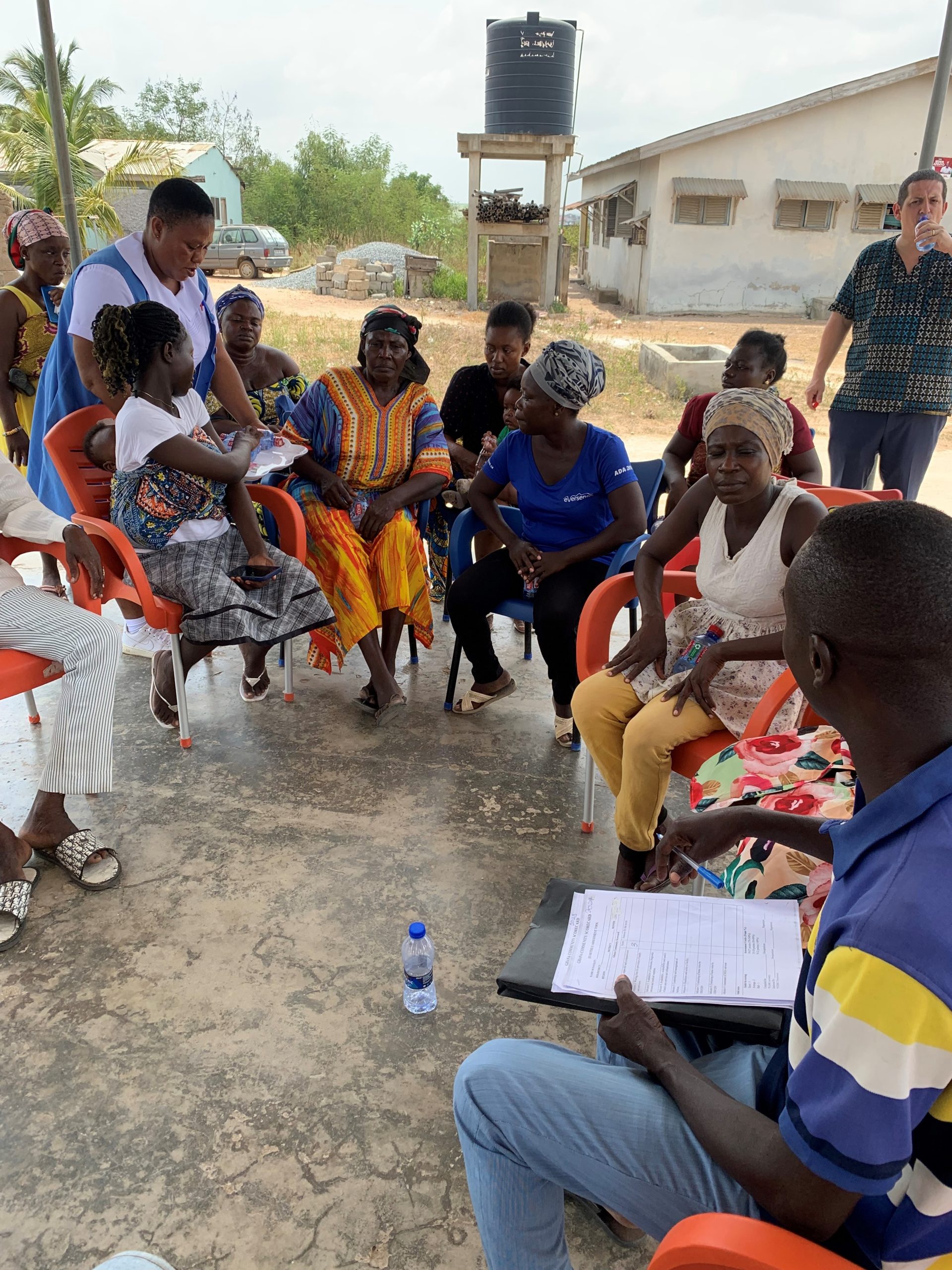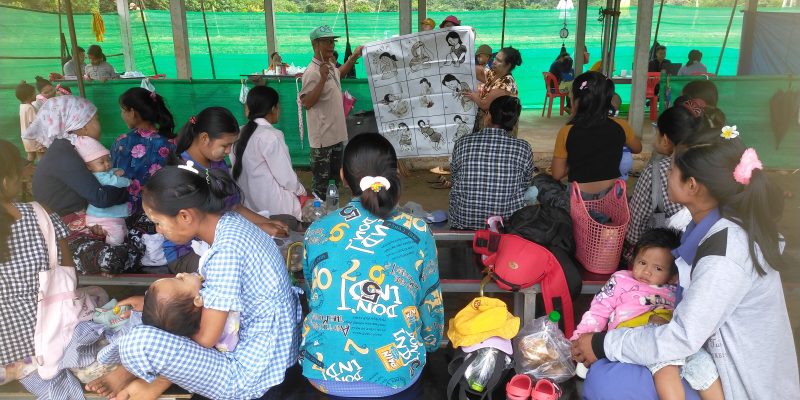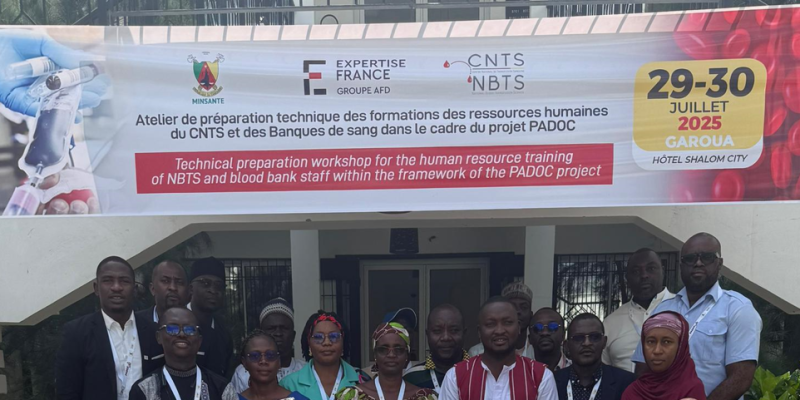The “Jeunes en vigie” project aims to enhance adolescents’—particularly young women’s— access to quality health services by implementing inclusive and transformative strategies that build their capacities and foster their empowerment.
Context
In Burkina Faso and Senegal, progress has been made in combating pandemics and promoting sexual and reproductive health rights. However, adolescents and young women continue to face challenges related to sexual and reproductive health. They encounter moralizing attitudes and discriminatory practices, compounded by legal and sociocultural factors that keep them in vulnerable situations and limit their ability to act and make informed decisions.
Description
The “Jeunes en vigie” project aims to ensure that adolescents and young women can access quality health services that meet their needs and respect their rights. Through social audits, the quality of these services is evaluated, enabling young female auditors to engage in dialogue about healthcare practices. This approach enhances their active participation in health-related decisions and encourages greater involvement in their communities. The project is built around three key principles:
- Empowerment, by strengthening the capacities of both young women and service providers through training to develop skills, implement concrete actions, and increase participation;
- Establishing a “citizen watch”, where female auditors use social audit tools to collect and analyze data, monitor the realization of their rights, and raise alerts on any violations;
- Encouragement of female auditors to engage in social and political mobilization by creating spaces for dialogue between users, service providers, and decision-makers.
Impact
The project strengthened the empowerment of adolescents and young girls by improving their ability to influence access to health information and services, as well as enabling them to play a more active role in health decisions and within their communities. It also improved the quality of health services through more effective interactions between providers and users. Additionally, three key deliverables were produced, providing new insights and methodologies to optimize care and youth participation.
